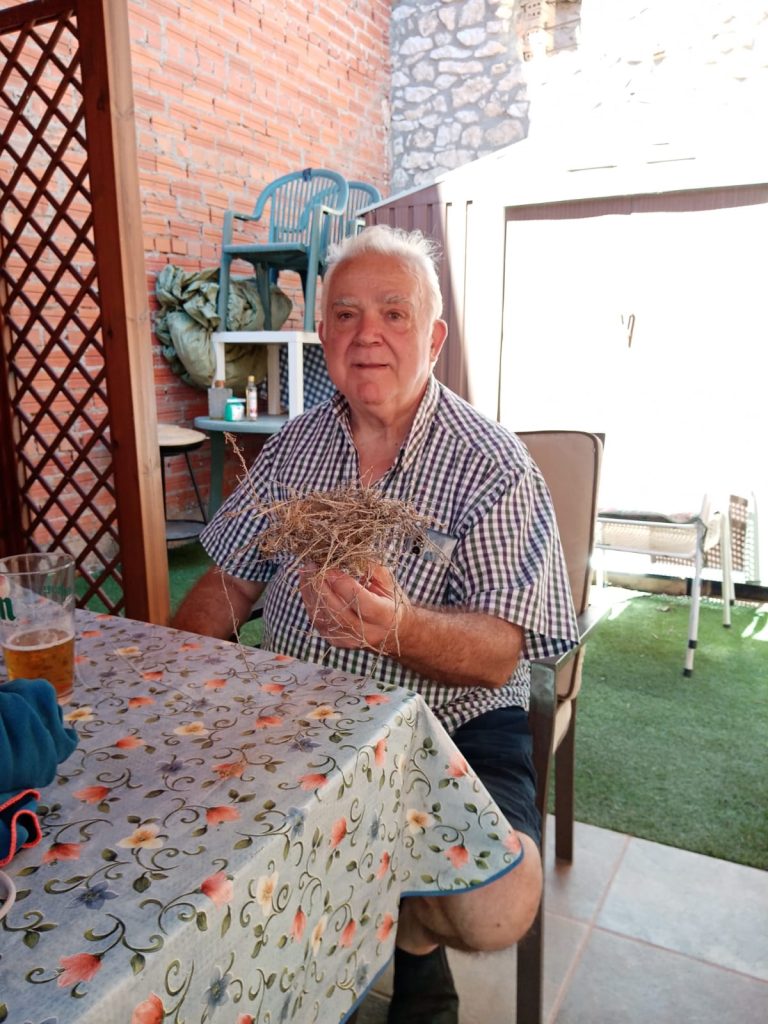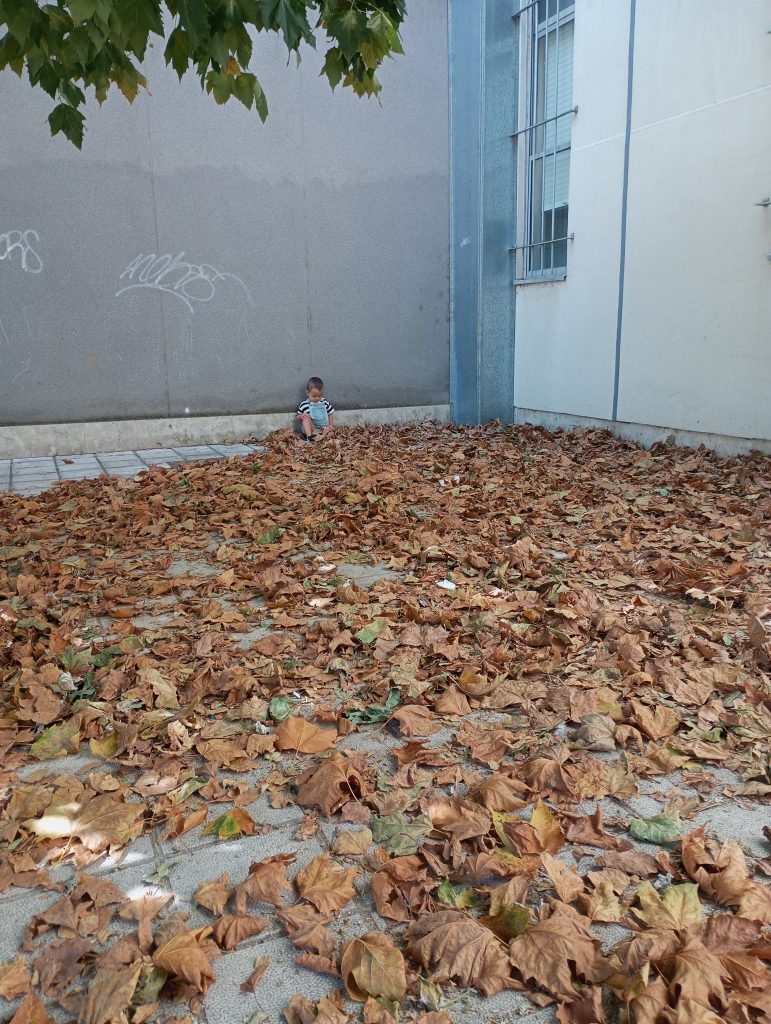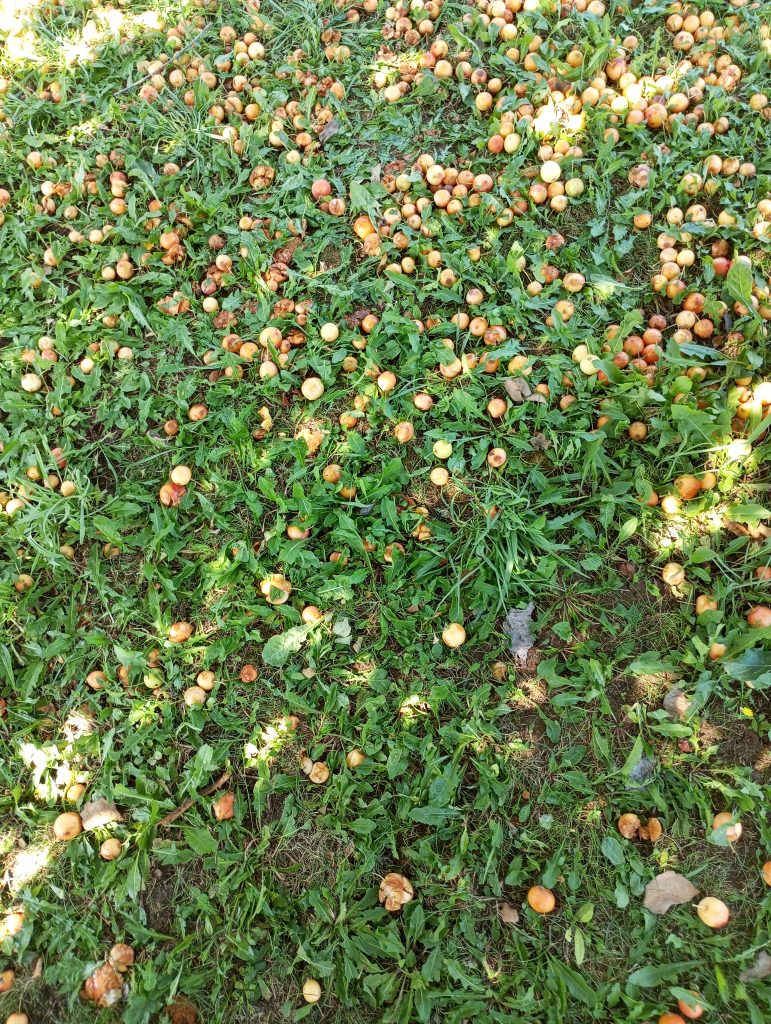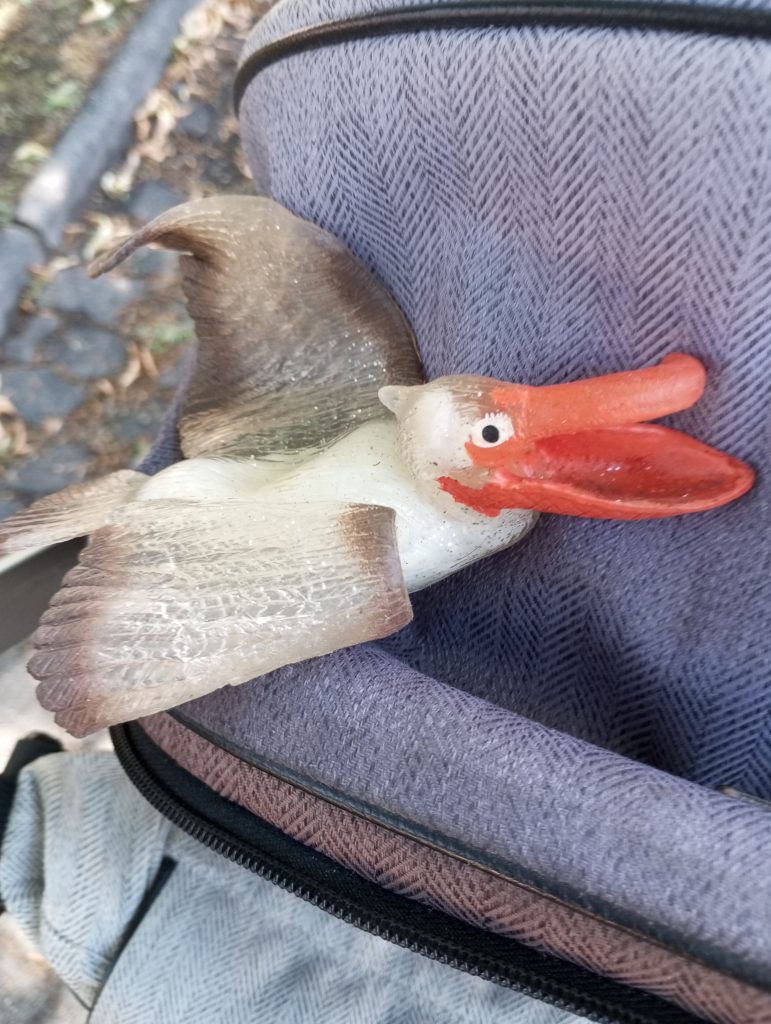Poetry in the Clouds The secret poetry of rain makes melody in the folds of clouds The continuous flow of fountains painted on the mountains Veiled nature's drunken invitation At this time, who will tie the mind floating in the air? The reflection of the heart running in the raindrops Flowers' fragrance walks on a loose path Like a bird that has lost its bond, it does not return to its nest Can't you find love in the crowd of people? A manuscript of a poem swirling in the breeze The notes of love float in the voice of the sky I extended both hands to the water of the horizon line The mind just runs on the pull of who knows who.
Monthly Archives: November 2023
Poetry from Mykyta Ryzhykh
*** people don't want to die either in spring or summer prisons are open all year round (Reprint by Dreginald) *** sad clowns die with a smile every time performed on stage (Reprint by Dreginald) *** nightingale staged a night gala every night he flies to my yard even after my death (Reprint by Dreginald) *** torn faces litter torn tracks (Reprint by Dreginald) *** statues also die and time is not easy to consider among all that one in memory of which one today the bells are ringing in the church (Reprint by Dreginald) *** Roar of war Garcia Lorca don't go back to Granada (Reprint by Monterey poetry review) *** summer is a mystery the winter of nuclear war still lives in the heart (Reprint by Monterey poetry review) *** Old-fashioned tragicomedy armor protects the soul with the body and the bombs are flying (Reprint by Monterey poetry review) *** The cemetery under the bed opens at the first request Once upon a time in childhood we were taught to make little men from matches Today we are taught to burn My mother says that life was better under the Soviet Union Someday the future will come, but not now Today we are taught the word "later" (Reprint by Star 82 review, 11.3) *** doctor said that i died and i agreed *** Cardboard Bird Indignant In a raspy voice Doesn’t eat anything Doesn’t drink anything Protests Doesn’t touch anyone Рretending to be the wind Handing out money right and left Imagines himself Image A picture of the postmodern half-life And something else very important I do not remember Maybe wings Could be a beak Maybe a soul Exactly I do not remember (Reprint by Wise Owl) *** I promise that I will take away my painful darkness But not right now I will be able to understand the meaning of this darkness in the future Well for now Give me a chance to die again Cause freedom is loneliness Love is a crime against loneliness (Reprint by Wise Owl) *** I play war games and watch scat on TV My freckles are gone And yes, I will have to pay back the loan for this (Reprint by Corvus review) *** Houston, you're in trouble The gypsy's prediction did not come true And a lot has happened Ever since someone jumped off a bridge The dew from under the eyes has not dried Where did it all go Where does it all go Republic of the Dusk Star Your cold palms sparkling in the sun Whisper that it's very cold The sun has completely faded The universe is tensed up And lives in constant tension around you ever since How someone jumped off a bridge At the same time, they started selling Watermelons have risen in price this year Note: Strengthening the internationalization of economic relations between states and the deformation of the economy are possible causes of inflation, causing food prices to rise (Reprint by Corvus review)
Essay from Muhammad Ehsan
Robopathology in Supervisory Relationships: Embracing Osho’s Wisdom
Osho’s philosophical concept of “Robopathology” is a term coined to describe a phenomenon in which individuals, in their desire of conformity and obedience, become like robots in their conduct and thinking. It emphasizes the negative effects of blind compliance and the repression of distinctive qualities within society or organizations.
Osho’s Robopathology theory highlights the need for people to maintain their real selves and critical thinking abilities even in situations that require conformity, since the loss of personal autonomy can lead to a dehumanizing and robotic existence.
In the world of supervision, whether in the workplace or higher education, the concept of “Robopathology,” as coined by Osho, can gently infiltrate these relationships, impacting both supervisors and supervisees. Osho’s profound insights provide a way out of these mechanical tendencies, enabling a more conscious and meaningful supervisory experience.
Robopathology in supervisory relationships is frequently recognized as a preference for rigorous standards and protocols above genuinely meaningful interaction and discourse. In the workplace,
supervisors may favor strict adhering to protocols above open and constructive interactions with their team members. This approach can make employees feel like cogs in a machine, restricting
innovation and personal growth.
In academic settings, the mechanical mind can infect supervisory interactions between faculty advisers and graduate students. The pressure to publish and adhere to a strict research plan can
inhibit creativity and thoughtful exploration. Such an approach frequently leads to students feeling as if they are only judged by their research output, ignoring their entire well-being.
Osho’s teachings can be realistically applied in these relationships by encouraging open communication, empathy, and flexibility. Conducting regular one-on-one meetings that focus on
both work-related issues and personal growth are practical approaches. In a corporate setting, this might result in administration supporting flexible work hours or remote work, enabling
employees to balance work and life while retaining productivity.
In academia, faculty advisers can serve as mentors, assisting graduate students not only intellectually but also personally and professionally. This method supports a more dynamic, innovative, and holistic approach to study. Professors can provide assistance not only on research but also on personal and career development, assisting students in finding balance and purpose in their academic journey.
Organizations whose supervisors participate in active listening, provide regular constructive criticism, and are receptive to the particular needs and goals of their supervisees are examples of
real-world implementations of Osho’s wisdom. In a tech company operations, this could imply holding regular “check-in” sessions where staff discuss not only project progress but also personal and career ambitions. This promotes open discussion and makes employees feel noticed and valued beyond their contributions to the organization.
Academic advisers that use a mentorship approach rather than a strict direction approach generate more well-rounded, innovative, and satisfied graduate students. The emphasis is on developing well-rounded academics rather than merely research output. These strategies foster open communication, inventiveness, empathy, and personal growth in both supervisory and educational environments by embracing Osho’s teachings.
Misunderstandings between PhD students and supervisors can often be caused by differences in communication styles, expectations, expertise, and priorities. To address these issues, regular
communication, clearly defined responsibilities, requesting clarification, documenting decisions, and, if necessary, mediation can be beneficial. These concepts well align with Osho’s concept of
“Robopathology,” which emphasizes the significance of genuine, sympathetic communication and understanding in human interactions in order to avoid robotic or mechanical behavior patterns.
Moreover, misunderstandings and miscommunications between a supervisor and a supervisee can often be a result of cultural differences and diverse backgrounds. These gaps include not
only language barriers, but also differences in communication styles, hierarchical expectations, and cultural norms. For example, a supervisor from a hierarchical culture may appear authoritative and intimidating to a supervisee from a more egalitarian background.
Similarly, language nuances, such as idiomatic expressions or nonverbal clues, can also be easily misinterpreted and misunderstood. These differences can cause unintentional
miscommunications, undermine trust and cooperation, and prevent successful collaboration. To overcome these challenges, both the supervisor and the supervisee must build cultural sensitivity,
participate in open discussion, and create an environment that promotes cross-cultural understanding and flexibility.
In the supervisory world, whether in higher education or workplace, Osho’s thoughts on escaping the mechanical mind are more relevant and indispensable than ever. We can break free from the restrictions of robopathological habits by applying his wisdom to these circumstances with practical applications. This approach provides a more conscious, dynamic, and gratifying supervising experience, encouraging open communication, creativity, empathy, and personal
growth for both supervisors and supervisees.
Poetry from Taylor Dibbert
October 1 Exactly one year ago He took London To the hospital Because she was having Another vestibular episode, That visit being Their last visit To the hospital Never crossed his mind. Taylor Dibbert is a writer, journalist, and poet in Washington, DC. He’s author of the Peace Corps memoir “Fiesta of Sunset,” and the forthcoming poetry collection “Home Again.”
Photos from Isabel Gomez de Diego
Poetry from Odina Rustamjonova
Smile😄 If your friends betray you, Gossip behind you Let everyone hate you. Don't say anything; be sure. If your lover breaks your heart, Sometimes dreams and hopes turn to ashes. When trust in people ends Forget everything and smile. The hope of living in life is gone. If the luck of the enemy laughs, not you If your loved one thinks you are bad Just be patient and smile. Never cry; never bow your head. Believe in the dream, and live with hope. Do not pay attention to what the bad guys say. Love yourself and smile. Life is beautiful, believe me. Let's overcome evil; let's be together. Blessings to beautiful hearts Live happily and smile.
Poetry from Terna Nicholas
WISH Wish to see that expected day; A day of great happenings to come In a harmonious strain of goodness. Truly, I await to see that day! Wish to see all bad days fade away With darkness and all its gifts No more to be seen when light Takes the reign at its hour of demise. Oh! How I wish to be in the upcoming, To tell how it began Never to go back to the past, To let bad memories be by gone. Oh! I wish the intellects to be eminent To change the world with a touch of inspiring ideas, Destroying and healing her wounds with remedies All to end up in the bosom of eternal paradise.





